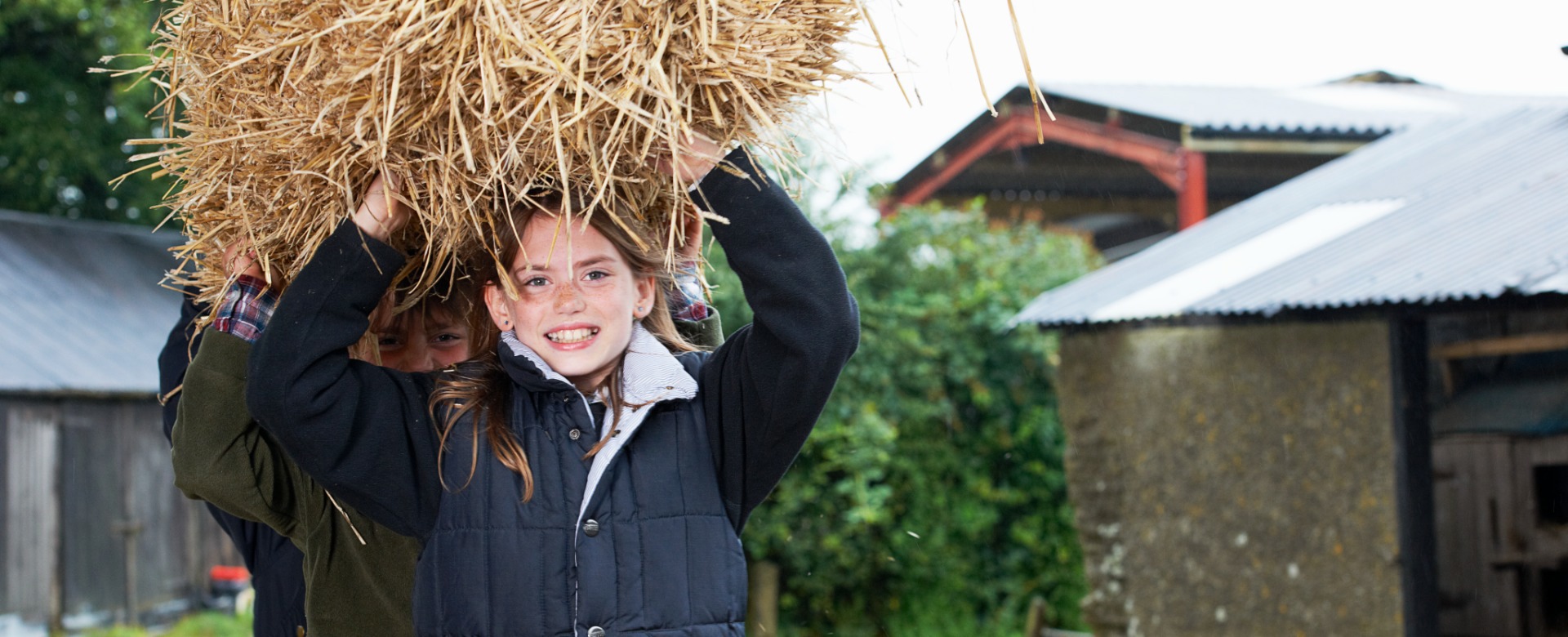During 2024 ERC completed a review of the Educational Access (EA) option in England on behalf of Natural England.
The report has now been published and can be accessed via Defra's website here.
The EA option of Defra’s Countryside Stewardship schemes enables farms or wildlife sites to open their sites to school pupils, with the aim of enabling students to explore ‘the links between farming, conservation and food production, using the land as a classroom’. The project aimed to better support EA visits for farm/wildlife site staff, teachers, and pupils across Key Stages (KS) 1-4, and addressed gaps in the existing evidence base through field observations, surveys and interviews with teachers, as well as reflective discussions with pupils during farm visits.
The research found that school visits under the EA option are delivering a variety of successful outcomes for pupils and teachers. They provide unique learning spaces, enabling pupils to experience and interpret new learning outside of the classroom, as well as undertaking hands-on, physical activities in an outdoor environment. Key benefits include:
Pupils’ knowledge and understanding of the national curriculum is strengthened (KS1 to KS4) and visits act as a stimulus for follow-up learning activities in the classroom.
Pupils become more connected with nature and develop an appreciation of food, farming, and the environment.
Hands on activities in an outdoor setting provides a new experience and supports pupil development including improved wellbeing, social and emotional learning.
Pupils who find in-class learning challenging have an opportunity to flourish.
Teachers benefit from a reduced planning burden as the site staff plan and deliver the activities.
Teachers gain confidence in teaching outdoors including in managing pupil behaviour.
Whilst EA visits therefore offer the opportunity to support a range of cross-curricula learning and other extracurricular benefits, there are also a number of challenges which mean that the benefits are not being fully maximised, and many pupils do not have the opportunity to experience these unique outdoor learning experiences under the EA option. Challenges include:
High level of transport costs, limited school funds for school trips and reduced ability of parents to contribute financially.
A lack of school awareness of the EA options scheme and farm visits available under it.
Schools having a limited understanding of the links between food, farming and conservation and the national curriculum.
Pressure to cover the curriculum content means that schools are concerned about the curriculum time lost during off-site visits.
To address these challenges, there is a need to explore opportunities to enable funding for school transport to incentivise schools to visit EA sites. Guidance is needed on the benefits of EA visits, particularly the value of the trip to the curriculum, the opportunities for follow-up curriculum learning, the value of repeat visits, and how it can be positive for pupils’ personal development and wellbeing. Further information is also required on the location of sites and providers that offer EA visits.
These points are addressed through a series of recommendations aimed at encouraging more EA visits to take place, enhancing the benefits for pupils and schools, improving the experience of the scheme for providers, and identifying areas for further research. See the dull report for more detail.







